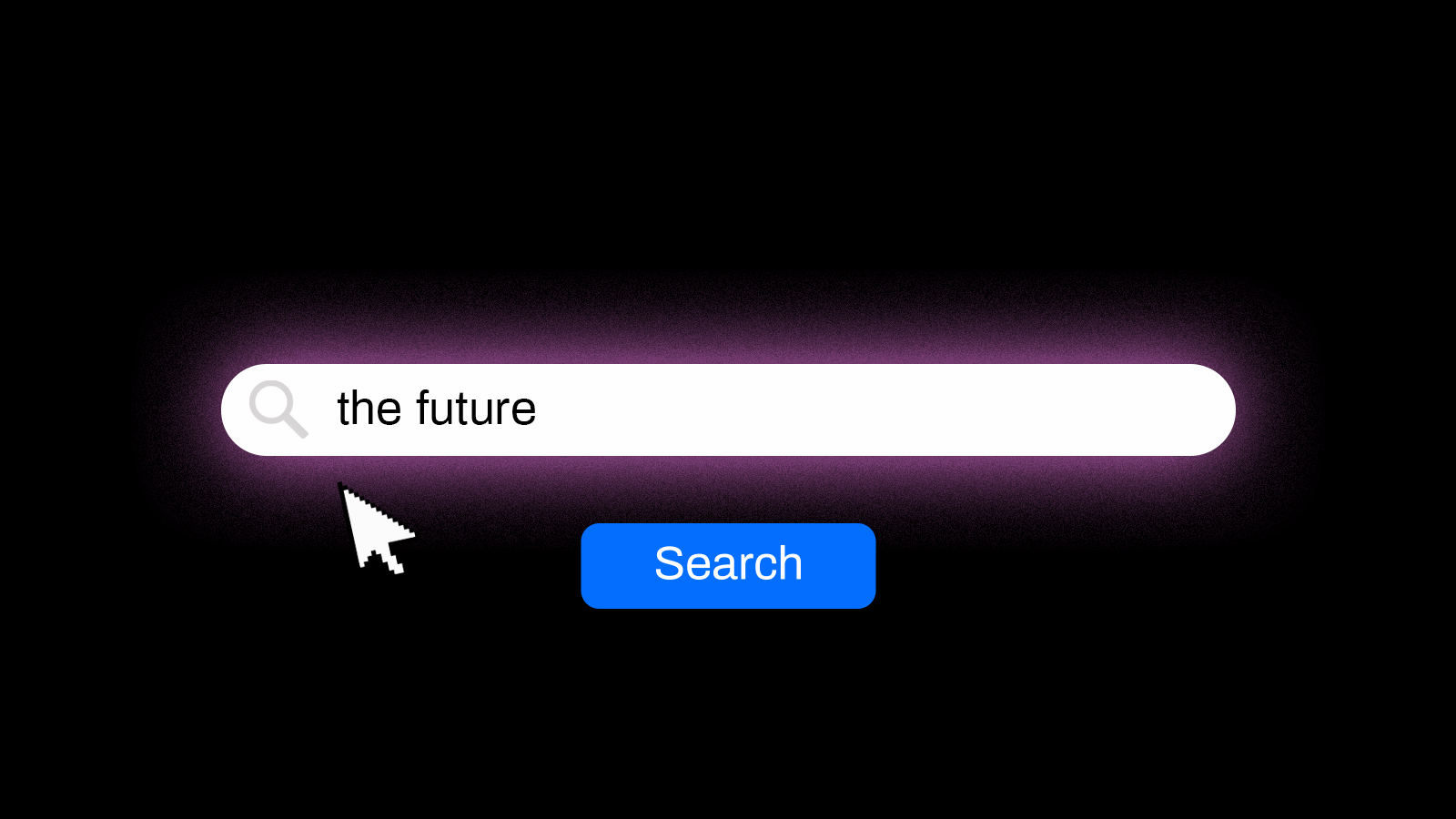It’s Just Murdoch Against the World, Baby

It’s no big surprise that the British Broadcasting System is ruling out putting their content behind a paywall. After all, the BBC receives $230 dollars a year in taxes from every TV owner in the UK, which makes its annual income from tax nearly $6 billion. It’s called a license fee and it’s why the BBC is expanding while other news companies are contracting faster than icecaps.
To counteract the trend, the news media’s biggest player, Rupert Murdoch’s News Corporation, has announced it is moving ahead with plans to charge for its online content. The Times of London expects to make users pay for its online content as early as next spring.
The BBC has been accused by Murdoch of stealing content from his news companies for its own public broadcasting. Once the paywalls are in place, Murdoch says he is ready to sue for copyright violations.
At a time when banks and governments are apologizing for their spendthrift ways, the BBC is drawing criticism for not reigning in its own top-heavy payroll. The Daily Telegraph criticized the BBC yesterday for paying its executives 10 times the average British wage.
Murdoch, for his part, has been on a roll. He recently weighed in on the future of the print business, saying that electronic readers like Amazon’s Kindle, which has just increased battery life by 85% and will now support PDF files, will be needed to save the newspaper industry from bankruptcy. And now he is going after Google.
The CEO of News Corp. is reportedly seeking payment from Microsoft to remove all his news content from Google’s searchable index.
Microsoft hopes to rival Google with its own search engine, Bing.
Is it an empty threat to remove so much news content from Google’s index? The New York Times quotes Murdoch as saying:
“The fact is there’s not enough advertising in the world to go around to make all the Web sites profitable. And we’d rather have fewer people coming to our Web site, but paying.”





